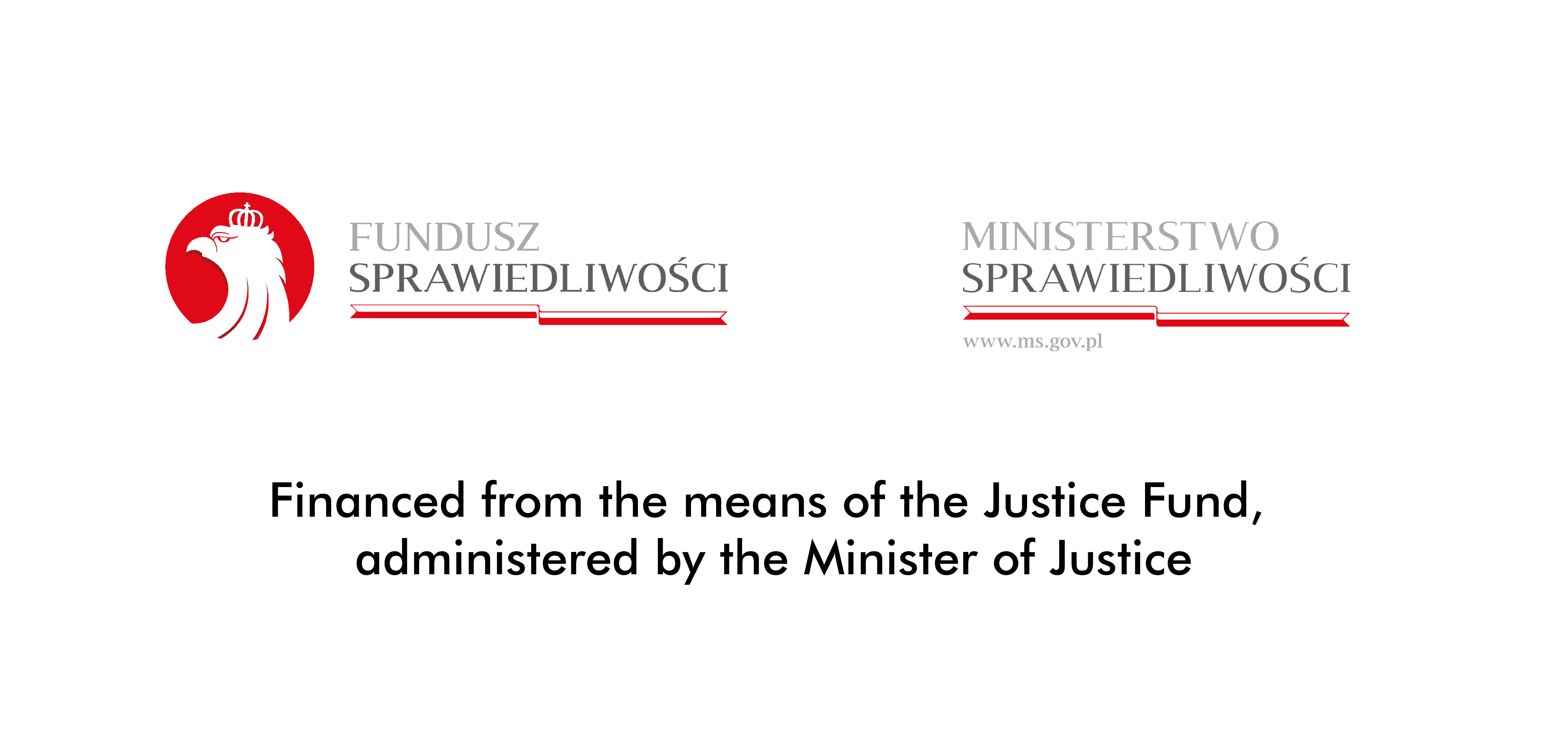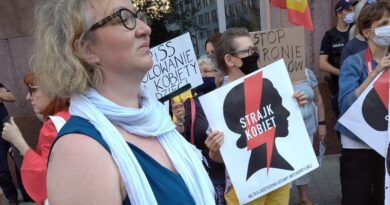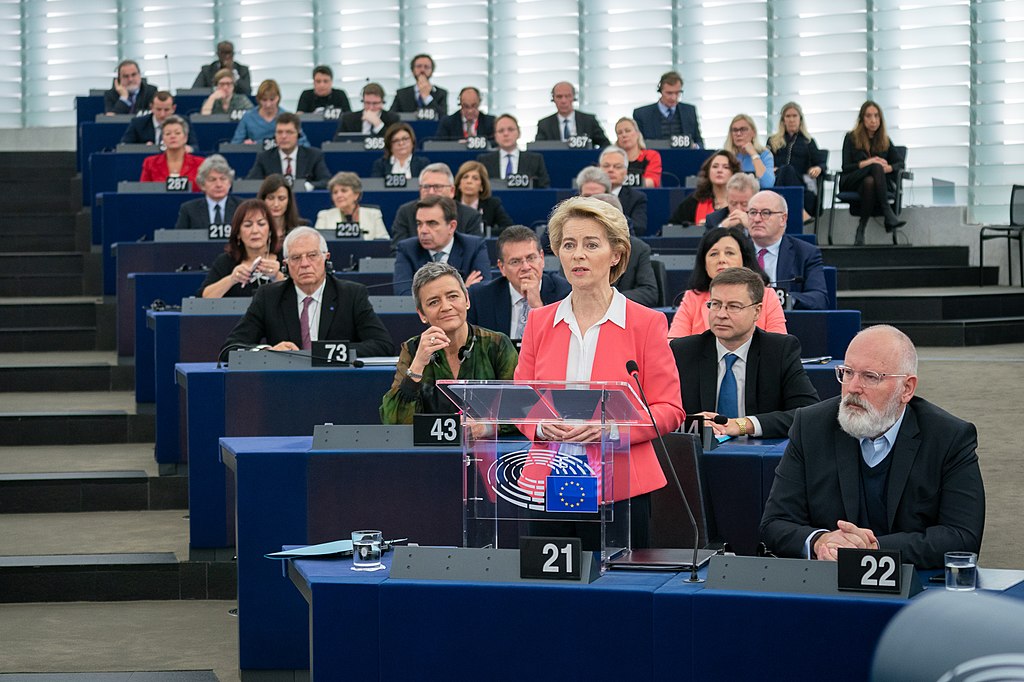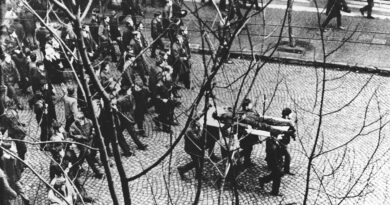The ever growing interventionism: politicians are not learning from the mistakes of their predecessors

The economy is facing problems in those sectors where the politicians are choosing to interfere. The Eurocrats are the worst kind of such intervenors.
Tomasz Cukiernik
If Poland did not blindly implement the EU’s energy and climate policy, we would not have to give a fig about Putin nor face the current energy problems. The implementation of this EU policy has tripled our dependence on Russia. Firstly, if we had not closed the coal mines, but invested in them, it would not have been necessary to import coal from Siberia. Secondly, abandoning coal-fired energy means greater investments, mainly in gas-fired power plants, which Poland does not have is therefore dependent on outside suppliers. Thirdly, if we were to invest in coal-fired energy, and not in renewable energy sources combined with the necessary gas support, we would be buying much less natural gas from Russia than we now need.
UNDER-THE-COUNTER COAL
Can we imagine a scenario in which Qatar is importing natural gas and Saudi Arabia is importing oil? The latter country does in fact import oil from Russia, but only because Moscow is giving them a very attractive price (one a side note, this shows exactly how ridiculous the sanctions against Russia are in practice – we are bringing more harm upon ourselves than the Kremlin, which will have its way regardless). Prime Minister Mateusz Morawiecki ordered State Treasury companies to immediately purchase 4.5 million tons of coal from abroad. This is to be financed from…the fund for counteracting the effects of COVID-19. It is not known what COVID-19 has to do with carbon-22, but it is the European Union that should finance the purchase of this coal, because they demanded that the Polish authorities pursue a suicidal energy policy. In fact, why should the EU or Polish taxpayers pay for this coal, and not the customers who have always bought it? Everything seems to be turned upside down. Especially because it’s not the same price anymore. The price is at least three times higher. Politicians are afraid of voter rebellion, so they prefer to pay for it with taxpayers’ money, without looking to increase public debt. As a result, coal will be purchased by State Treasury companies (according to industry experts, it is not possible to import such quantities of coal in such a short time for logistical reasons) and then sold for a third of the price. The oblivious taxpayer will pay the difference.
This is what it is like when the state is meddling with the economy, when EU and national politicians try to steer it manually. First, the demands of the European Union are implemented, and then it turns out that a country lying on coal deposits, which would suffice for several hundred years, must import this coal from abroad. First, the politicians damage everything, and then they rush to patch the holes they’ve made themselves. The shortages of coal on the market automatically increased its prices, to which the government responded not with the release and deregulation of the market, but with another intervention in the form of subsidies for coal – both for its suppliers and for households. But this just doesn’t work that way.
“It only took a few days for the truth about socialism to come to light for the thousandth time. A great price of coal at PLN 996, people shedding tears of joy in response. A great price, only there will be no goods. This, of course, was very easy to predict, because these were the effects of regulated prices and rationing in the 1980s. I also wanted to calm everyone down… There will be coal, only from under the counter and for 5,000 PLN per ton. The same tragedy awaits us when Tusk introduces a four-day working day. Socialism is always a beautiful fairy tale in the mouths of politicians, but in reality you have to pay 3,000 for each 1,000 “given by the state” and to compensate for each shortened working day you have to work the extra 2” – commented Paweł Tanajno from the Polish Liberal Strike of Entrepreneurs on social media.
CANCEL THE ETS
That is why MEP Patryk Jaki from the United Poland is rightly in support of the resignation from the Emissions Trading System (ETS) and immediate investments in coal mining. Only the problem didn’t arise now. This process should have been done years ago, before the first ton of coal was imported from Siberia. It was then that, on an ongoing basis, it was necessary to invest in new walls, because mining would not start from week to week. It is an expensive and months-long process. Unfortunately, at that time, PiS was happily implementing the EU plan to liquidate the Polish mining industry (a decision was taken to close 14 mines), allocating billions from taxpayers’ pockets for this process. Unfortunately, mining was liquidated by successive government teams from the beginning of the 1990s under the pretext of being unprofitable. It was enough to privatize them (like the profitable Bogdanka or the Silesia mine) and let the private owner worry about profits. But the ruling socialists of the time, headed by Prime Minister Jerzy Buzek, did not even think of such a solution.
Because in fact, private entrepreneurs should be involved in both mining, import (competition is necessary so that domestic coal is not too expensive) and exporting coal, as well as any other raw material, as well as generating electricity and heat. And politicians are cautioned against the energy sector. Only then will we be able to talk about energy security when hundreds or maybe even thousands of companies competing on the market will deal with it, not a few politicians. They have already shown that they can only make a mess of everything. The Prime Minister’s demand that state-owned companies suddenly import 4.5 million tons of coal to Poland is preposterous. The head of government is not responsible for deciding on the import of coal, masks, respirators, or buttons. But the example comes from above: Brussels is meddling with not only traditional light bulbs, plastic bags, plastic straws, and mercury thermometers (banning these inventions), but also demolishing the energy sector, planning to abolish internal combustion cars, coal, gas, and oil stoves, and destroying agriculture. Does the Union mean that we should return to the caves and become a hunter-gatherer civilization again?
We will have the same disastrous effect as in the energy sector in the food industry, an industry that is also doing very well on the common EU market. Growers complain about unfavorable regulations that make production more expensive. What does the government say? Has it guaranteed that these provisions will be abolished as soon as possible? No! Because it is impossible to change EU regulations, and the Polish ones are based on them. Using money from the public budget, EU subsidies and state-owned banks, the authorities plan to create at least two or three… fruit and vegetable processing plants in each local government unit. The National Food Group was established in April of this year. This is to be the beginning of the consolidation process of the agri-food sector. State-owned companies are to start operating in new segments, such as seed production and plant breeding, as well as increase revenues in the grain, flour and starch sectors. National Food Group companies will carry out extensive activities as a producer, processor, wholesaler, and warehouse entity. The arguments for the creation of such an entity were the same as those used by communist apparatchiks against private property and the free market, that is, the fight against speculation. Worse still, consolidation is also possible in other areas, such as the industrial sector. In this context, there has already been talk of the chemical industry or hitherto unliquidated foundries.
NATIONALIZATION IN FULL RUN
In 2016, the state-owned Enea bought the Połaniec power plant, which had been privatized several years earlier, from a French owner. In the following year, PGE, a company controlled by the State Treasury, acquired the assets of the French energy concern EdF in Poland. Also in 2017, the state-controlled PZU and the Polish Development Fund took over the shares of Pekao bank from the Italian UniCredit. In addition, the emergency medical services industry was nationalized, and the state-controlled Orlen bought Polska Press, which published local newspapers. Recently, the government also decided to create a company with a 100% share of the State Treasury called the National Energy Security Agency, in which all coal-fired power plants now owned by PGE, Tauron, Energa, and Enea will be concentrated. In turn, in June this year, the Council of Ministers adopted a draft resolution concerning the purchase by the State Treasury of shares in Lubelski Węgiel “Bogdanka”.
Politicians are not learning from the mistakes of their predecessors. The answer to harmful and ineffective interventionism is even greater interventionism in the form of nationalization and manual control of the economy. As we know perfectly well from economic history, the effect will be fatal in this case as well. Entire sectors of the economy will be disrupted, and then again, taxpayers’ money will have to patch the holes. Excluding coal, which is no longer available on the market, will Poland soon run out of fruit, vegetables, steel and electricity? And this will turn out to be so until some politician comes to his senses and leads to another privatization? For now, in France, the government has announced that it will re-nationalize EdF. Surprisingly, even in a seemingly rational Germany, there has recently been an idea to nationalize energy companies.
The result of the implementation of the EU energy and climate policy are coal shortages, an increase in electricity prices and the imminent danger of a blackout, as well as an increase in the prices of heating for coal, gas, heating plants and combined heat and power plants. In reply to the government’s response to these problems, which would never have occurred had an unrestrained private owner in a competitive market been present in place of a politician, we have additional interventionism: coal subsidies that have been thrown on the backs of the taxpayers. And it is not Putin’s fault, because he is not in charge of the European Union, and (euro)politicians led to such a state of things long before the war in Ukraine.
This article was published in July 2022 in “Do Rzeczy” magazine.




